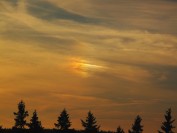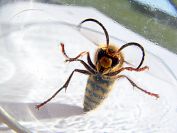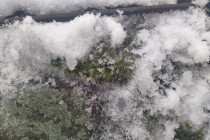 WeatherSunshine.com - Articles - Why are crabs disappearing from Alaska?
WeatherSunshine.com - Articles - Why are crabs disappearing from Alaska?
Why are crabs disappearing from Alaska?
9/12/24
In 2022, a huge number of crabs disappeared from the Bering Sea area around Alaska. At the time it was not yet known what caused the massive death. Most scientists now agree that high sea temperatures accelerated the crabs' metabolism at a time when food was scarce leading to their demise.
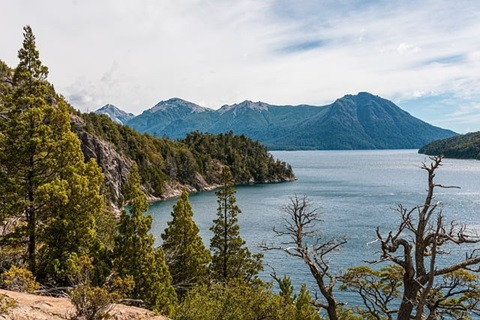
Photo:Pixabay
The US National Oceanic and Atmospheric Administration confirms that warmer conditions in the Bering Sea are now up to two hundred times more likely than they were before fossil fuel burning began. The waters around Alaska used to be ideal for crabs because of the low temperatures that crabs require to survive.
Recent studies have confirmed that the effects of global warming are particularly noticeable in this area of the world. The Arctic region is warming four times faster than the rest of the planet. We discover the very consequences almost every day. The ecosystem in the Bering Sea has changed so dramatically over the past five years that it has resulted in the deaths of billions of Alaskan snow crabs. It was previously speculated that overfishing had affected the population here but these assumptions have been proven incorrect.
Research by the National Oceanic and Atmospheric Administration points out that with the current warming trend parts of the Arctic will no longer experience typical Arctic conditions. Such changes will be fatal for species that require cold waters. The Alaskan snow crab needs waters colder than two degrees Celsius.
Heat waves are increasingly affecting the Bering Sea region which leads to warming of the waters. The longest heat waves prevailed here in 2018-2019. In the following years there was a sharp decline in crabs, which devastated the local fishing industry. Warm waters with no ice are also a threat to king crabs and sea lions.
Scientists emphasize that another problem is the penetration of species from warm waters which during heat waves reach the cold Arctic waters through the oceanic temperature barrier. In 2018 and 2019, Pacific cod arrived here and ate some of the food for the crabs. The impacts of climate change are enormous and pervasive so it is necessary to radically reduce the burning of fossil fuels.
Other articles

Shanghai was hit by Typhoon Bebinca
A few days ago the strongest typhoon since 1949 hit Shanghai affecting a large Chinese city and threatening 25... more

Autumn photo gallery
Fourteen autumn themed photos to use as your desktop background. more
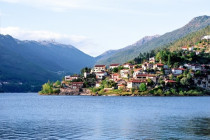
The article will introduce you to five of Europe's national parks which are among the most beautiful and at the same... more

The most endangered animals of the world
This year, the International Union for Conservation of Nature classifies almost four thousand animal species as... more
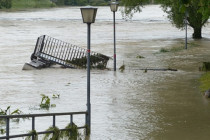
Low pressure Boris hit central Europe
Low pressure Boris brought torrential rains to Central Europe and caused widespread flooding in many places. Heavy... more

Rain and flood photo gallery
Fourteen thematic photos that you can also use as your computer background. more
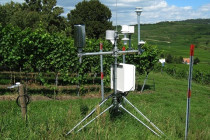
Scientists at NASA's Goddard Institute for Space Studies (GISS) confirm that the summer of 2024 was the warmest since... more
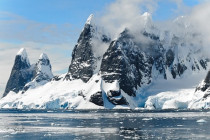
The heat wave also hit Antarctica
Until now, Antarctica has been the only place on the planet that has not been negatively affected by heat waves... more
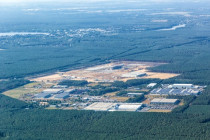
Due to the continuous expansion of Tesla's gigafactory near Berlin half a million trees have already been cut down on... more
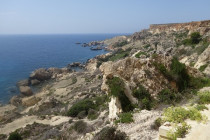
During the long summer heat waves that hit Europe the surface temperature of the Mediterranean Sea also fell to a... more









